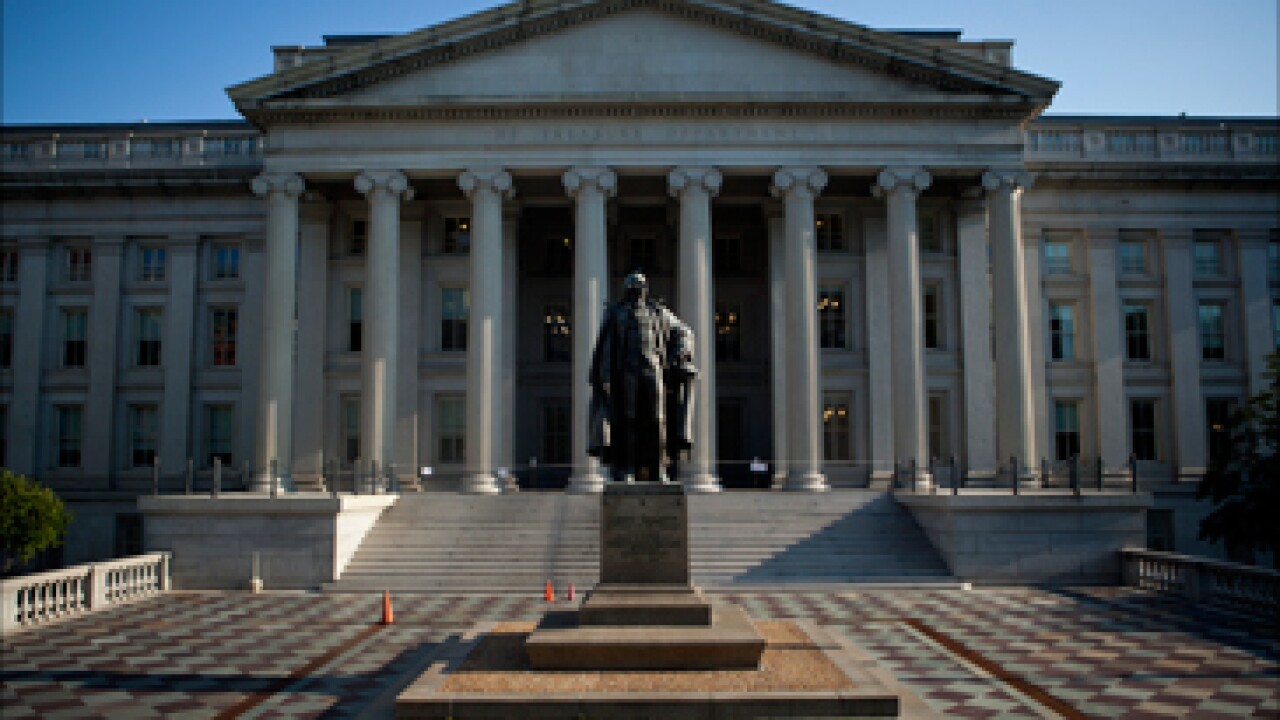WASHINGTON — Toyota Motor Credit Corp. has agreed to change its pricing and compensation practices and pay nearly $22 million to settle allegations it charged African-Americans and other minorities more than white borrowers for auto loans, federal regulators said Tuesday.
Under the agreement with the Consumer Financial Protection Bureau and the Justice Department, Toyota's financing arm will cut in half how much partnering dealerships can mark up the interest rate on a loan as compensation — an area where the CFPB has been cracking down.
American Banker
-
While most federal banking regulators use enforcement actions as a way to shape industry practices, the Consumer Financial Protection Bureau is taking that to a whole other level, frequently using orders as a substitute for new rules or guidelines.
February 1 -
The Consumer Financial Protection Bureau has struggled internally with how to end potential discrimination in auto lending, including debating whether it should cite a large lender in the hopes of effectively ending the ability of partnering dealers to mark up loans with all lenders.
September 24 -
Honda, Toyota and Nissan's financing arms are poised to agree to limit discretionary pricing for dealers after regulators accused them of allowing partners to mark up loans at higher rates to minorities, according to confidential documents.
June 30
In a later series, American Banker reported on internal documents that suggested the CFPB had decided
"Toyota Motor Credit is among the largest indirect auto lenders, and we commend its industry leadership in shifting to reduced discretion to address the significant fair lending risks," CFPB Director Richard Cordray said in a press release Tuesday.
The agencies' action is premised on the controversial legal theory known as disparate impact, under which firms can be cited for unintentional discrimination. The government argues that African-American borrowers were charged, on average, more than $200 extra for auto loans, while Asian and Pacific Islander borrowers were charged $100 more for auto loans due to Toyota's pricing and compensation policies.
The agencies' investigation did not find that Toyota did this on purpose, however.
Instead, they blamed dealer discretion, under which Toyota allowed dealers to mark up a loan by as much as 2.5 percentage points as compensation. Under the settlement, that markup will be limited to 1.25 percentage points above the buy rate (the interest rate that a lender quotes to a dealer) for auto loans with terms of five years or less, and 1 percentage point for auto loans with longer terms. (An agreement announced with Honda last year set similar limitations.)
While the agencies are requiring Toyota to provide remediation of $21.9 million to affected consumers, they did not charge a civil money penalty because the firm agreed to limit dealer discretion going forward.
"We also applaud its willingness to impose lower caps on discretionary markups in a way that does not increase interest rates for borrowers," Vanita Gupta, principal deputy assistant attorney general and the head of the Justice Department's civil rights division, said in the press release.
Critics have argued the CFPB is
While the actions against Honda and Toyota are now public, the agencies have not yet announced a settlement with Nissan.





